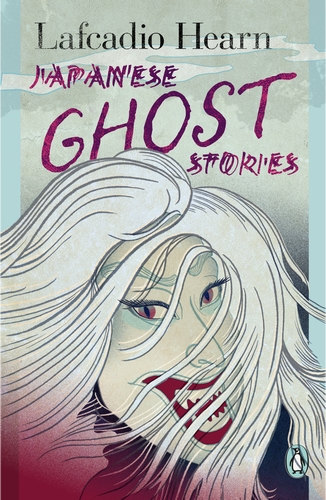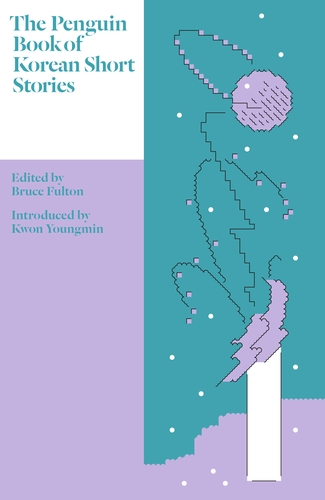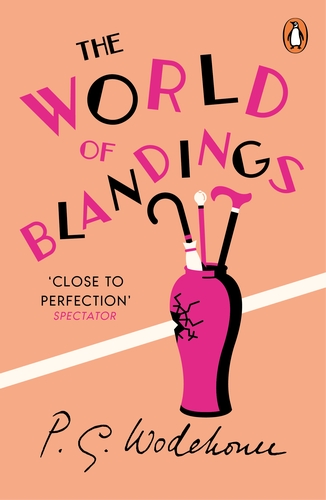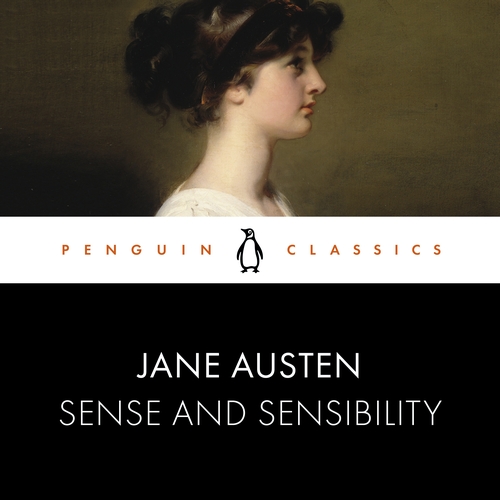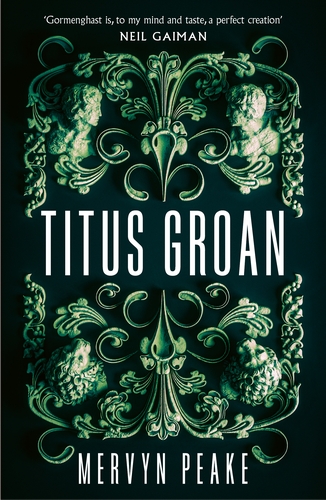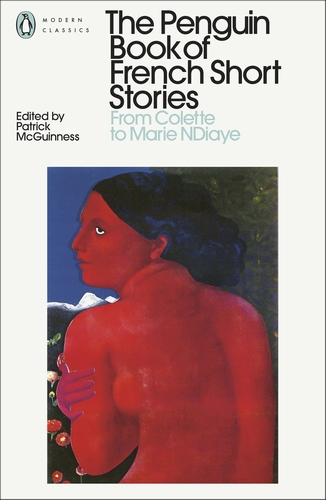Author:Joanne Harris

In 'Class of '81', when the graduates of wizardry school meet for their twenty-year reunion at Bella Pasta, the talk is all about love charms, cantrips, who has put on weight and who has had a body job. But one member of the group has sold out to a husband, home and children, thinking, 'Who needs magic when you can have security?' And yet - what really happens when the magic runs out?
In 'Come in, Mr Lowry, your number is up!', numbers rule our lives, or so believes the insurance assessor in this tongue-in-cheek story. And that if you take into account all the statistics and calculate all the odds, chance will never play a part in what happens to you. But then fate, of all things, intervenes...
Part of the Storycuts series, these two short stories were previously published in the collection Jigs & Reels.
He’s a kind of surrealistic writer, very strange novels. I think that’s serious literature
—— Haruki MurakamiWithout question Norway's bravest, most intelligent novelist
—— Per Petterson, author of Our Stealing HorsesDag Solstad, Norway's most distinguished living writer, is a clear-eyed moralist who takes an existentialist's interest in the compromises, evasions and accommodations we make to get through life... Wryly humorous and needle-sharp in skewering pretension, Solstad is unlike anyone currently writing in English... A deeply rewarding novel
—— Sunday Times[An] exquisitely composed novel... Dag Solstad is an unflinching explorer of the plight of educated humankind in the face of the inexplicable whose artistry matches his ambitious theme
—— Paul Binding , IndependentAt times dark and moving, even, on occasion, unexpectedly funny, Professor Andersen's Night tackles a premise which would prove just as intriguing in a pacey thriller... It is visceral in its investigations into the derailing of one man's life in all its sticky, existential glory
—— Scotland on SundayThis is a subversive little novel in which morality becomes a football. Whereas Novel 11, Book 18 pivots on a decision that defies everything, Professor Andersen's Night confronts morality, justice and compromise. Dag Solstad, who is frequently compared, with some justification, to Chekhov, has written a moral, almost allegorical novel in which he is far less interested in heroics than he is in humanity
—— Irish TimesA clever psychological inaction thriller, which uses the witnessing of a crime as the catalyst for a midlife crisis
—— GuardianFour stars- fascinating
—— RTE guideSolstad has an outstanding ability to portray mental processes accurately; here, the bleakness of Andersen's outlook is offset by the lightness of the prose, nimbly translated by Agnes Scott Langeland, and by the wry at humour at play in it
—— Times Literary SupplementA penetrating combination of Hitchcock's Rear Window, Camus' existential ennui and Larkin's social embarrassment
—— Times Higher Education SupplementAt times dark and moving, even on occasion, unexpectedly funny...It is visceral in its investigations into the derailing of one mans life in all its sticky, existential glory.The book’s icy prose and long sentences – which in the wrong hands would feel heavy and laboured – flow with a quickness that hints at the workings of Andersen’s mind, and Solstad has a way of producing at the protagonists bourgeois anxieties desperately sorry for him
—— Alice Wyllie , The WeekSolstad, Norway’s most distinguished living writer, is a clear-eyed moralist who takes an existentialist’s interest in the compromises, evasions and accommodations we make to get though life. Wryly humorous and needle-sharp in skewering pretension, Solstad is unlike anyone currently writing in English
—— David Milss , Sunday TimesForget the Scandi crime production line and turn to this sly thriller
—— Claire Allfree , Metro ScotlandA wry moral tale exploring the little evasions and compromises of everyday life. Translator Agnes Scott does justice to Solstad’s measured voice
—— Emma Hagestadt , IndependentThis short-but-striking novel quickly reveals itself to be…crime fiction, yes, but also a subtle and deeply introspective consideration of the inertia of lonely middle-age, its philosophy existentialist in the manner of Jean Paul Sartre, Ingmar Bergman and certain novels of Georges Simenon. The result is a highly complex and accomplished work
—— Billy O'Callaghan , Irish ExaminerIntriguing tale… Solstad expertly navigates the bizarre mind of a clever but lonely man locked in an existentialist nightmare
—— TelegraphThis is no straightforward crime novel…an exploration of guilt, inaction and moral quandaries
—— Nic Bottomley , Bath Life